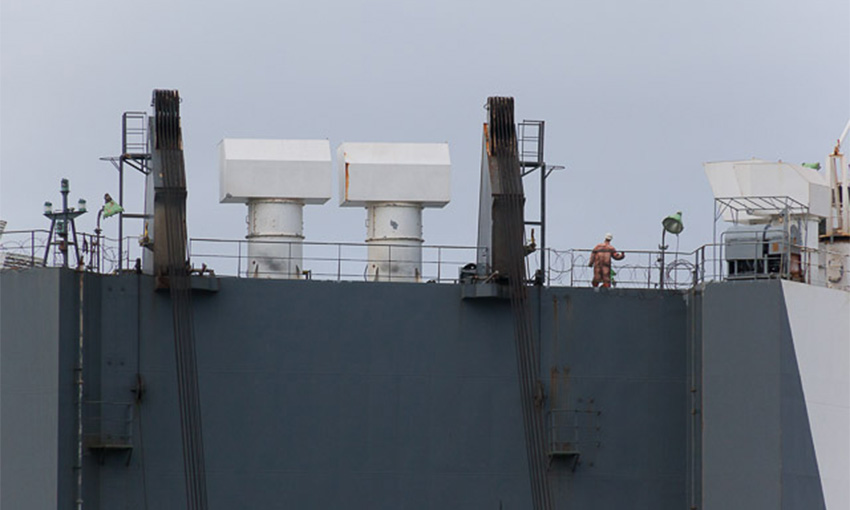SIGNATORIES to the Jeddah Amendment, a code focussed on preventing piracy, have agreed on next steps to enhance implementation of the code.
The Jeddah Amendment to the Djibouti Code of Conduct 2017 concerns repression of piracy, armed robbery against ships and illicit maritime activity in the western Indian Ocean and the Gulf of Aden.
Signatory states attended a meeting in Jeddah, Saudi Arabia from 22-24 November, where they agreed on measures to improve the region-led information sharing network.
They also discussed use of a so-called Capacity Building Coordination Matrix and a better support network of regional and international partners.
The partnership network is also known as Friends of the DCoC/JA.
“Maritime security is in all our interest, but it can be maintained only when based on co-operation,” European Union ambassador Michael Pulch said.
“No single state can do it alone.”
And Hassan Houmed Ibrahim, Djibouti’s minister of infrastructure and equipment, said information sharing is vital to dealing with security threats at sea.
“The Jeddah Amendment provides a good framework of co-operation with regional states in dealing with all manner of illicit activities at sea,” he said.
The meeting adopted two resolutions. The first involves enhancing the DCoC/JA information sharing network to guide development of national maritime information sharing centres.
The second focuses on responding to evolving maritime challenges and security priorities of Jeddah Amendment signatory states. It relates to maritime security in the wider context of supporting signatory states’ maritime development.
The International Maritime Organization and the Kingdom of Saudi Arabia organised the meeting with financial and in-kind contributions from Saudi Arabia.
More than 80 participants representing 17 signatory states were at the meeting, along with 30 observers attending as Friends of the DCoC/JA.




